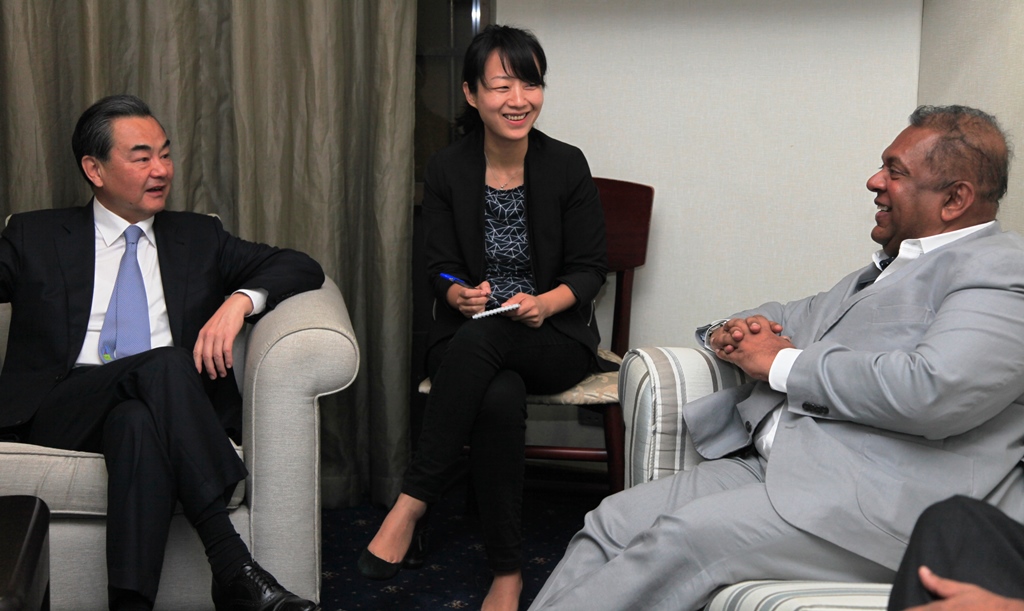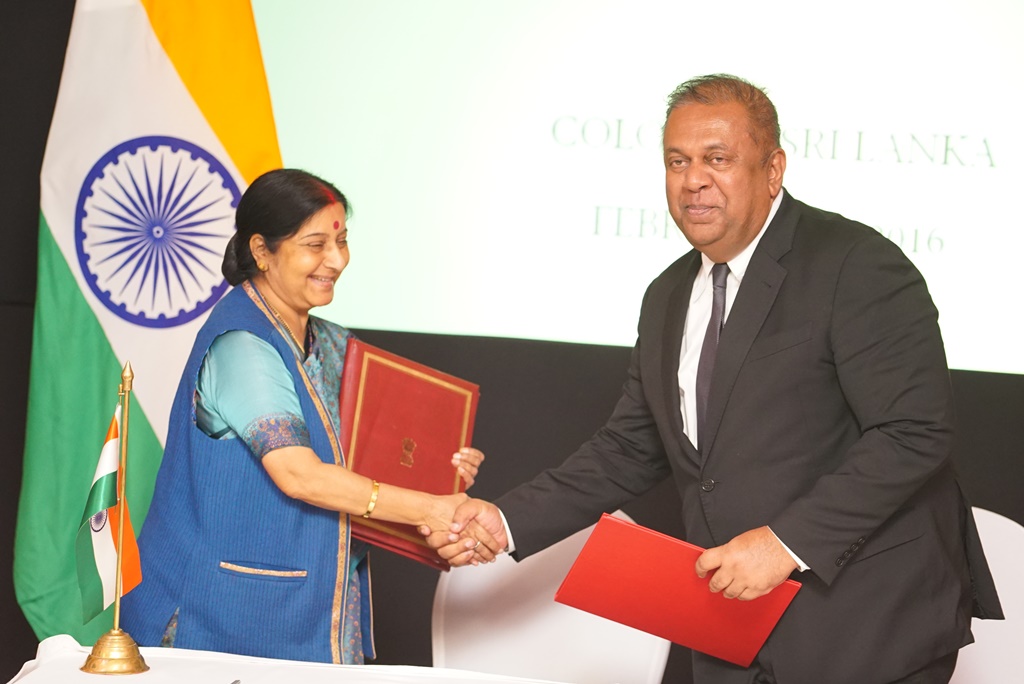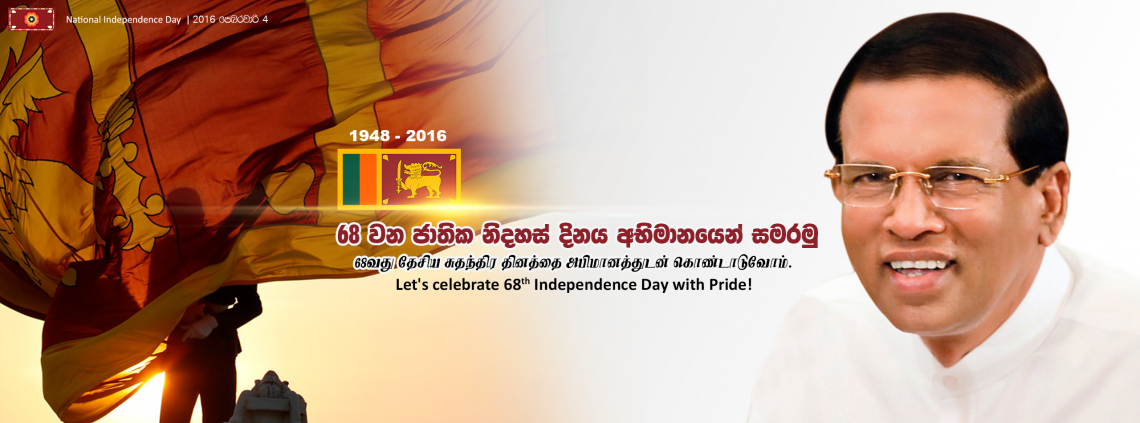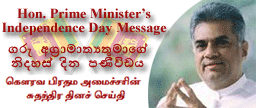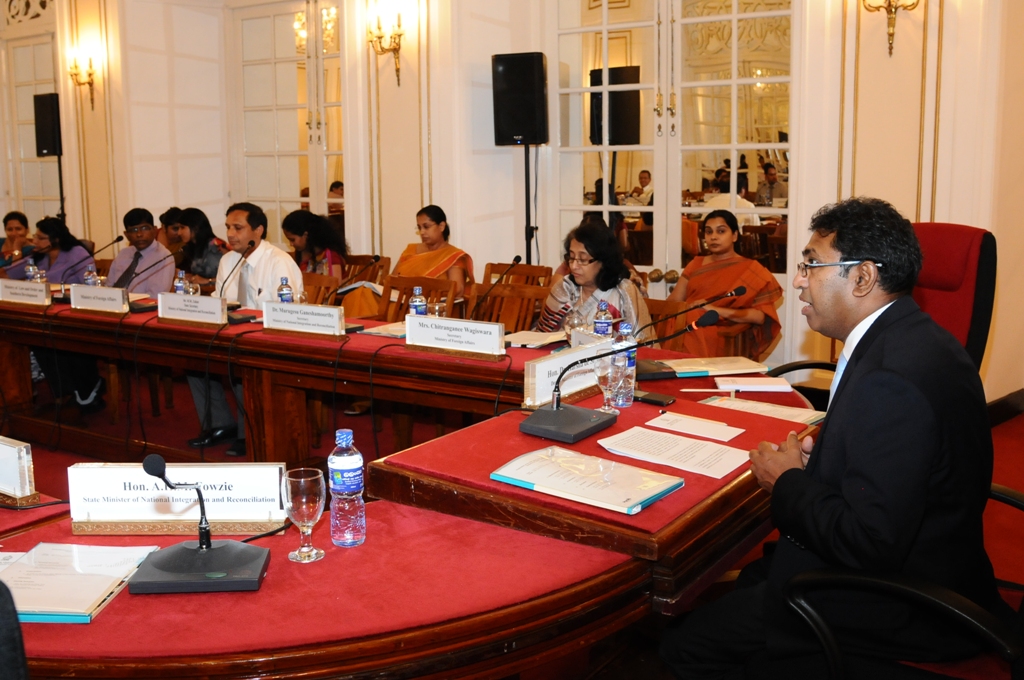
The Ministry of Foreign Affairs together with the ICRC delegation in Sri Lanka held a meeting today, 12 February, with the participation of representatives of relevant line Ministries and Agencies to discuss the ICRC report titled: ‘Needs of the Families of Missing Persons in Sri Lanka: Living with Uncertainty’. The meeting was chaired by Deputy Minister of Foreign Affairs Harsha de Silva, and held at the Ministry premises.

